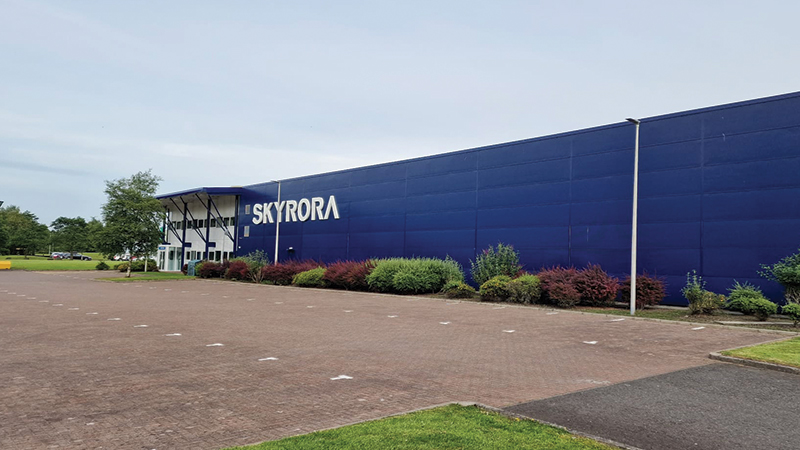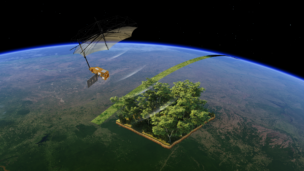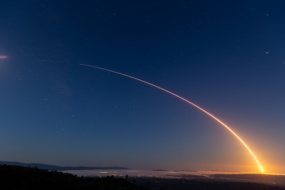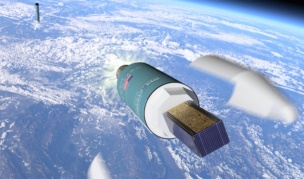UK-based launch startup Skyrora has new digs: a 55,000-square-foot manufacturing facility that the company says will be capable of producing up to 16 launch vehicles per year.
“Opening the UK’s largest rocket engine manufacturing facility is a significant step towards Skyrora achieving the first sovereign orbital launch from British soil,” Skyrora COO Lee Rosen told Payload.
“If the UK’s space sector is to grow into a self-reliant ecosystem with strong commercial and defensive capabilities, then advanced domestic facilities like the Cumbernauld site are crucial assets.”
A hot piece of real estate
This spacious 55,000-square-foot home is a renovated distribution and storage facility located in Cumbernauld, Scotland. It boasts an open-plan factory floor, generous office space, and a 67,000-square-foot “yard,” perfect for all the integration activities and launch rehearsals a growing aerospace company would require.
Having moved from a comparatively tiny 2,000-square-foot facility, the much larger Cumbernauld facility will allow Skyrora to bring many of its manufacturing and testing operations in-house. It will also house what the company is calling the UK’s largest metal 3D printer, which will be used to produce many key components for the company’s Skyforce rocket engines.
Additionally, the new facility will allow Skyrora to expand its workforce, with plans to add 100 new employees within two years. Skyrora currently employs 160.
A collaborative effort
During the renovation and construction phase of the new Skyrora manufacturing and production facility, the company received support from both ESA and the UK Space Agency.
According to Skyrora, officials from both agencies made regular visits to the facility, providing support and guidance during its development. The pair also provided indirect funding for the development through a €3M ($3M) co-funding grant, which was part of ESA’s Commercial Space Transportation Services initiative.
“Scotland is home to around one-fifth of all space jobs in the UK and, by harnessing the opportunities provided by commercial spaceflight, we are creating highly skilled jobs and local opportunities in Scotland and across the country,” said UKSA deputy CEO Ian Annett.
No time for ribbon cutting
Skyrora has wasted no time since arriving at its new facility. The company confirmed that it is already working on the second and third stages of a Skyrora XL, in addition to two suborbital Skylark L rockets.
The Skyrora XL launch vehicle will be capable of carrying 315 kg payloads to LEO, per the company’s plans. The rocket’s 3D-printed Skyforce engines powering the first and second stages of the rocket burn Ecosene, a propellant the company makes from unrecyclable plastic waste. Skyrora hopes to debut the XL in 2023 from SaxaVord spaceport on the northmost Shetland Island.




